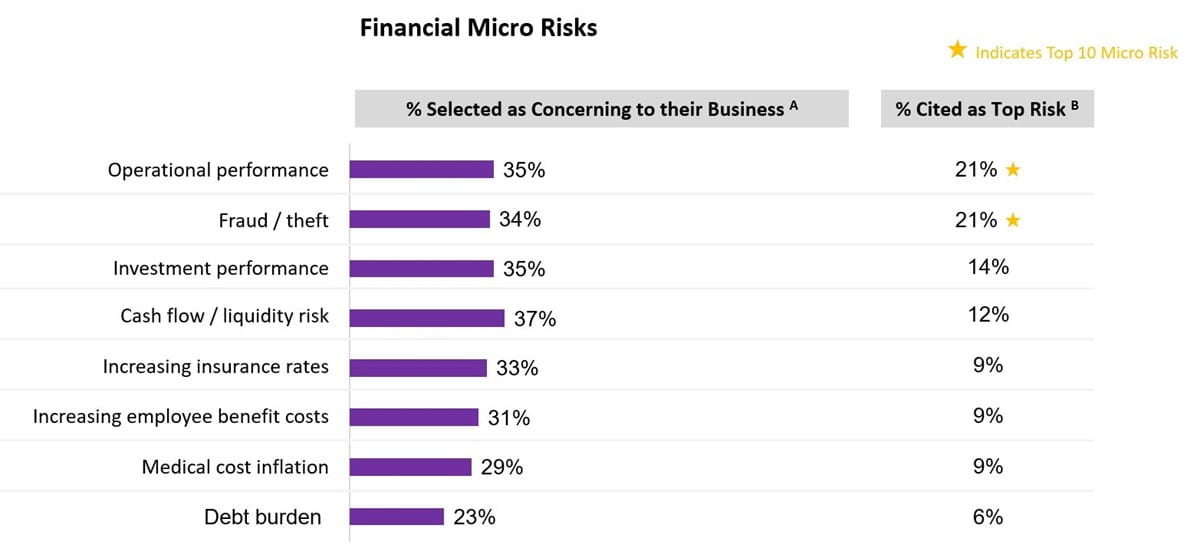Addressing Companies’ Top Financial Concerns: Fraud and Theft
By Craig Grant, Senior Vice President – Management & Professional Liability, QBE North America
Whenever a recession rears, corporate crimes like fraud and theft increase, according to the Association of Certified Fraud Examiners (ACFE®). An oft-cited reason is that laid-off employees worried about their financial security rationalize that committing fraud is a last-ditch effort to get them through the hard times. More than one-quarter (26 percent) of fraudsters were driven by financial difficulties to commit their crimes, with nearly half (42 percent) found to be living beyond their means, based on ACFE’s 2020 Global Study on Occupational Fraud.
There is good reason for mid-sized and smaller businesses to beware of such crimes. While all companies incur an average 5 percent revenue loss from occupational fraud annually, businesses with fewer than 100 employees have it much worse. The companies experience a median fraud loss of $140,000, compared to a median loss of $100,000 for large companies. The frequency of billing fraud and payroll fraud are twice as high as in large organizations, and check and payment tampering schemes are four times higher.
These higher risks are affirmed in QBE North America’s Mid-size Company Risk Report, which found that fraud and theft, along with operational risk, are the most concerning financial risks of mid-sized companies.

These risks may worsen in the months ahead if the recessionary economy persists through 2020 and into 2021. Job furloughs may transform into job terminations, putting more people at financial risk and companies in the crosshairs of possible fraud and theft crimes. Complicating matters for mid-sized businesses is that many also are experiencing a spurt in ransomware, phishing and other cyberattacks.
Fortunately, there are ways to limit the business impact of fraud and theft. The lack of strong internal controls is a factor in one-third of all cases, ACFE’s study determined. Controls like segregation of duties—the assignment of various steps in a financial transaction to more than two people—are proven to reduce fraud risks.
Other best practices include the development of an anti-fraud policy that includes an anonymous hotline, as well as fraud training for managers, executives and employees. But even the most stringent controls do not guarantee fraudsters will be caught and prosecuted before their crimes produce irreparable business harm. In such case, the purchase of crime and fidelity insurance products can backstop these fiscal losses.
There’s no better time to prepare for an uptick in fraud and theft—and do something about it. QBE is here to help you.